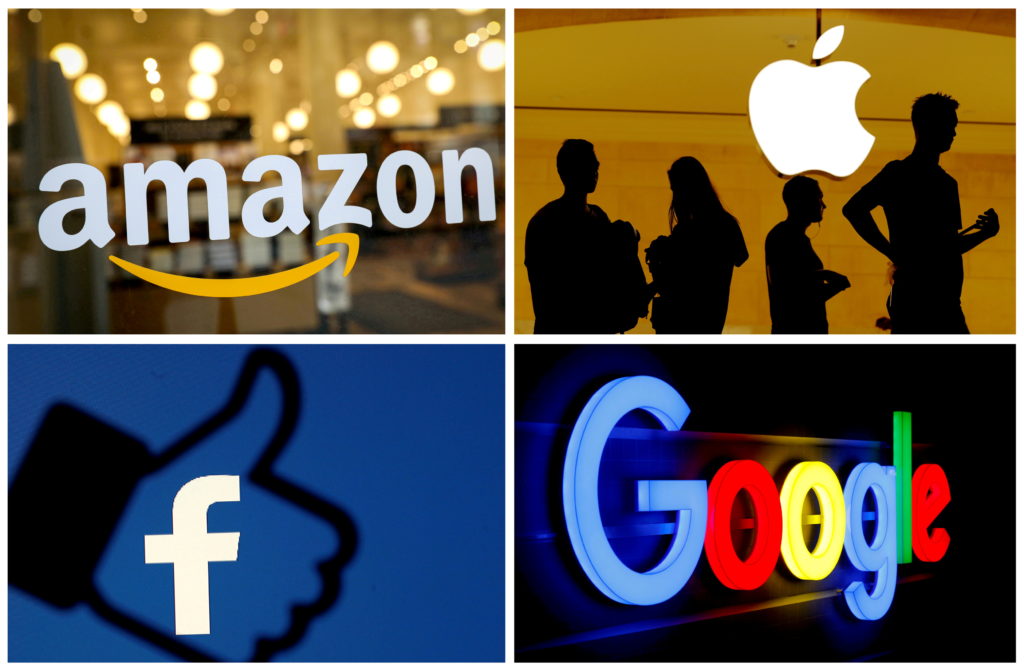|
Getting your Trinity Audio player ready...
|
Starting this Friday, the world’s largest tech companies are required to comply with a far-reaching European law that touches on various aspects of online activity, from social media moderation to targeted advertising and counterfeit goods in e-commerce. This sweeping legislation has the potential to influence tech regulations worldwide.
The European Union’s Digital Services Act (DSA), passed last year, is set to be enforced, compelling tech platforms with over 45 million users in the EU to meet the law’s obligations. Companies such as Amazon, Apple, Google, Meta, Microsoft, Snapchat, and TikTok, among others, are covered by these unprecedented measures, marking one of the most comprehensive and ambitious efforts globally to regulate tech giants through legislation. Non-compliance could result in fines and consumer-focused software changes.
The DSA aims to address several significant concerns that critics have raised about large tech platforms, including the spread of misinformation and disinformation, potential harm to mental health, especially among young people, algorithmically driven content recommendations without transparency, and the sale of illegal or counterfeit products in online marketplaces.
For all platforms, the DSA prohibits data-driven targeted advertising aimed at children and targeted ads based on protected characteristics such as political affiliation, sexual orientation, and ethnicity. This ban extends to all types of online advertising, including commercial, political, and issue-based ads.
The law also cracks down on “dark patterns,” subtle design cues that push users into divulging personal data or making decisions favoring the company’s interests. An example is highlighting an acceptance button while diminishing the option to opt-out.
Moreover, the DSA mandates that all online platforms provide users with ways to report illegal content and products and appeal content moderation decisions. Companies must present their terms of service in an easily accessible manner.
For the largest platforms, designated as very Large Online Platforms or very Large Online Search Engines, the law imposes additional obligations. These companies must conduct independent risk assessments focusing on how bad actors could manipulate their platforms, interfere with elections, or violate human rights. They also need to establish repositories of the ads they have run for public inspection.
The DSA allows EU officials to issue fines of up to 6% of a very large platform’s global annual revenue, potentially amounting to billions for companies like Meta.
Tech firms have spent months preparing for this deadline, with some already introducing tools and policy changes to comply with the DSA’s requirements. TikTok, for example, rolled out a tool to report illegal content and promised specific explanations for EU users when their content was removed.
The EU intends to closely monitor companies for violations, signaling a more vigilant approach to regulation. Analysts predict that the DSA’s impact could extend beyond Europe, prompting global tech firms to adopt similar practices voluntarily or inspiring other jurisdictions to enact similar laws.
Amazon has already challenged its designation as a very large platform in court, arguing that the DSA’s requirements are tailored to ad-based online speech platforms rather than retail platforms.
As tech giants navigate these new regulations, it remains to be seen how the DSA will influence the global tech landscape and whether it will encourage further regulatory actions in other parts of the world.



